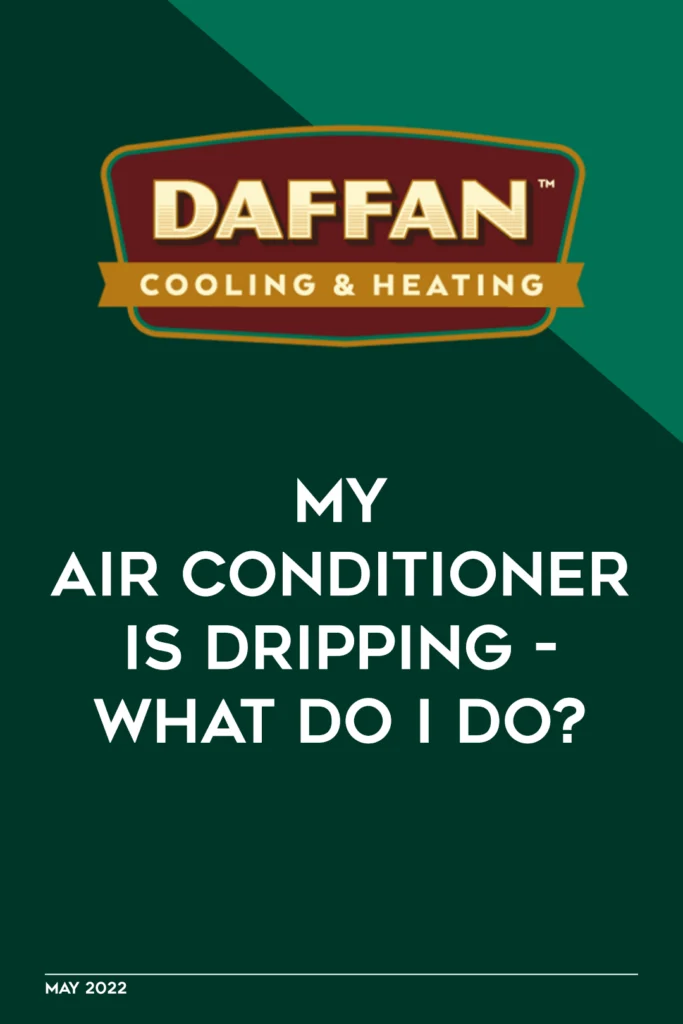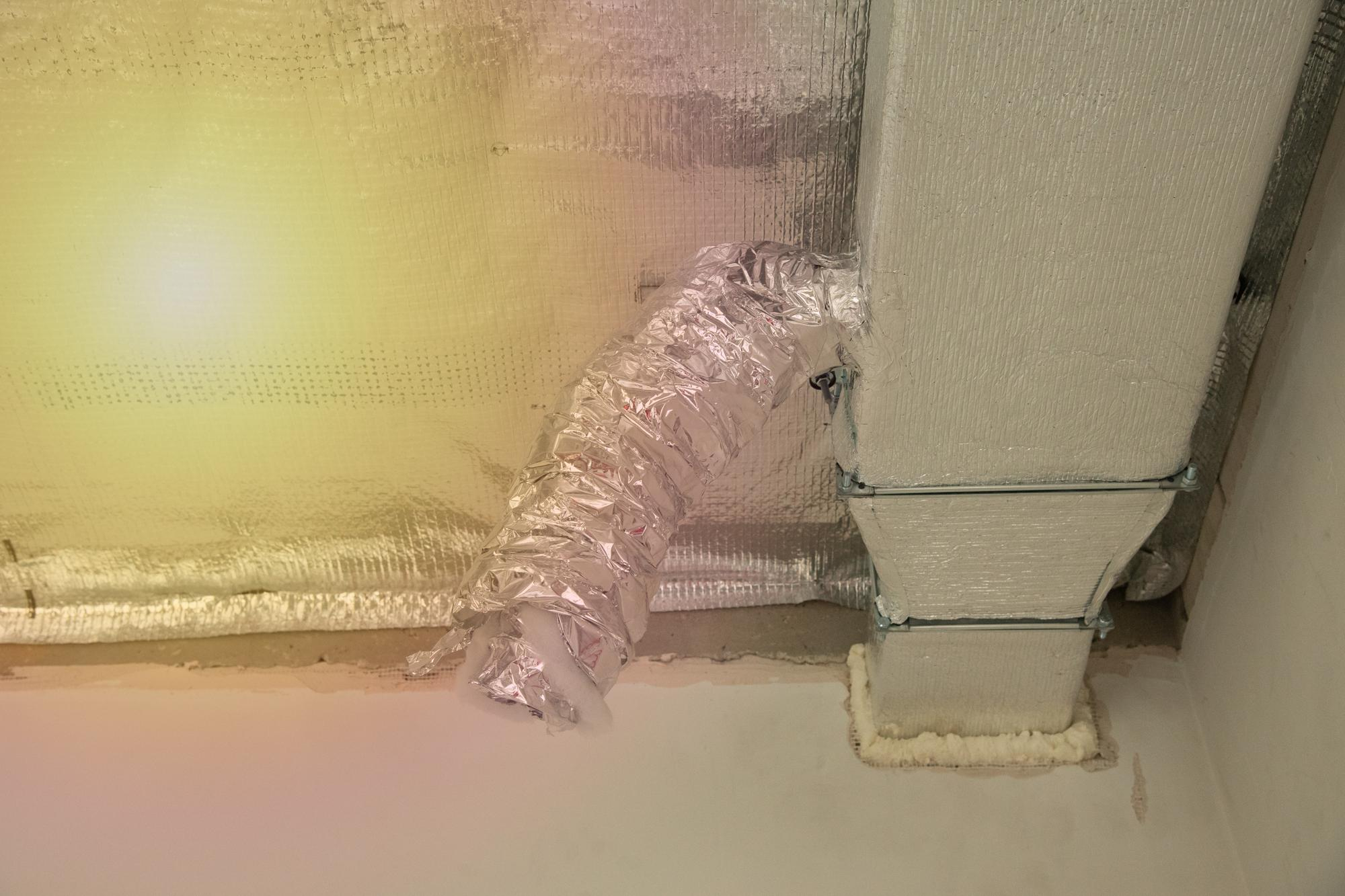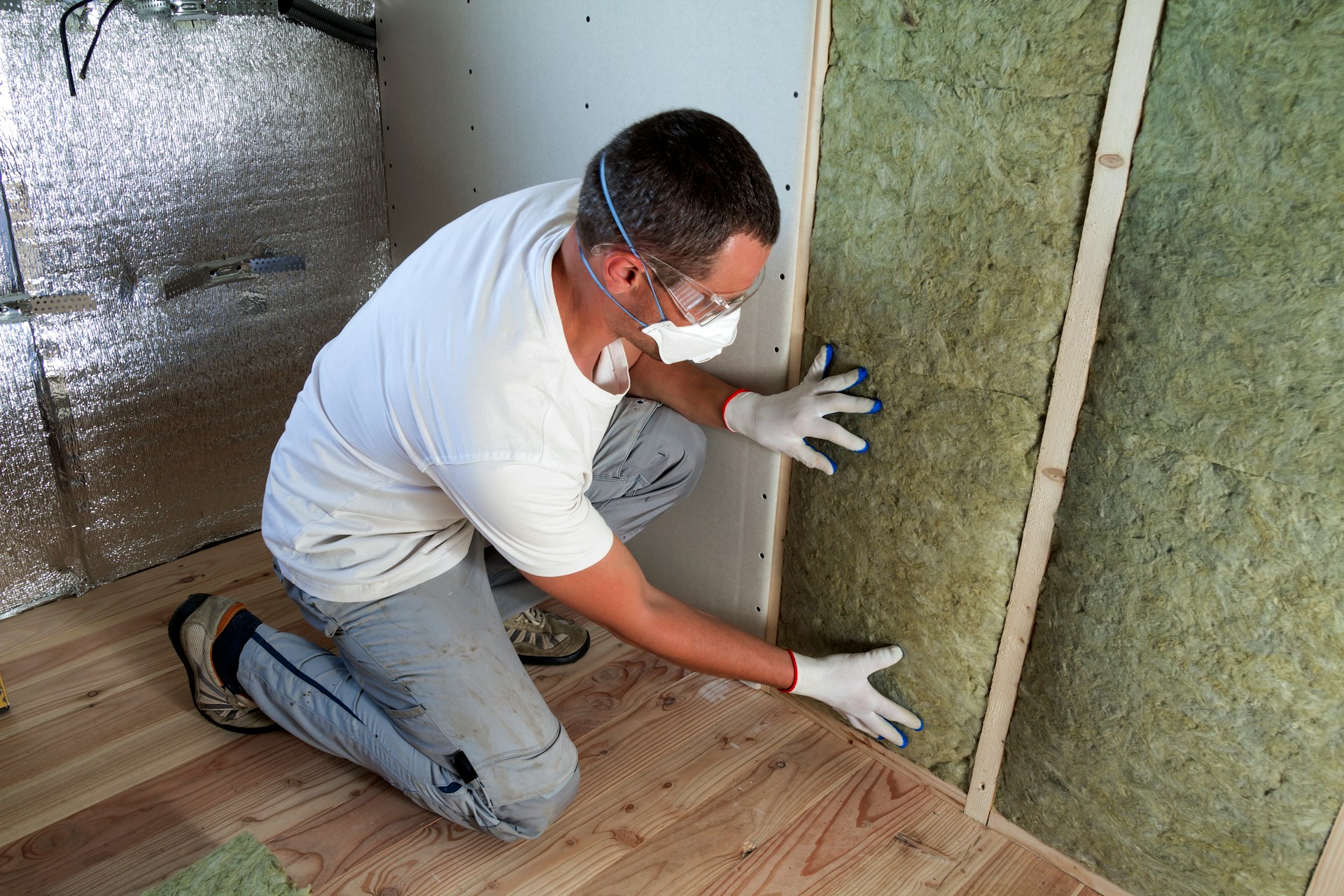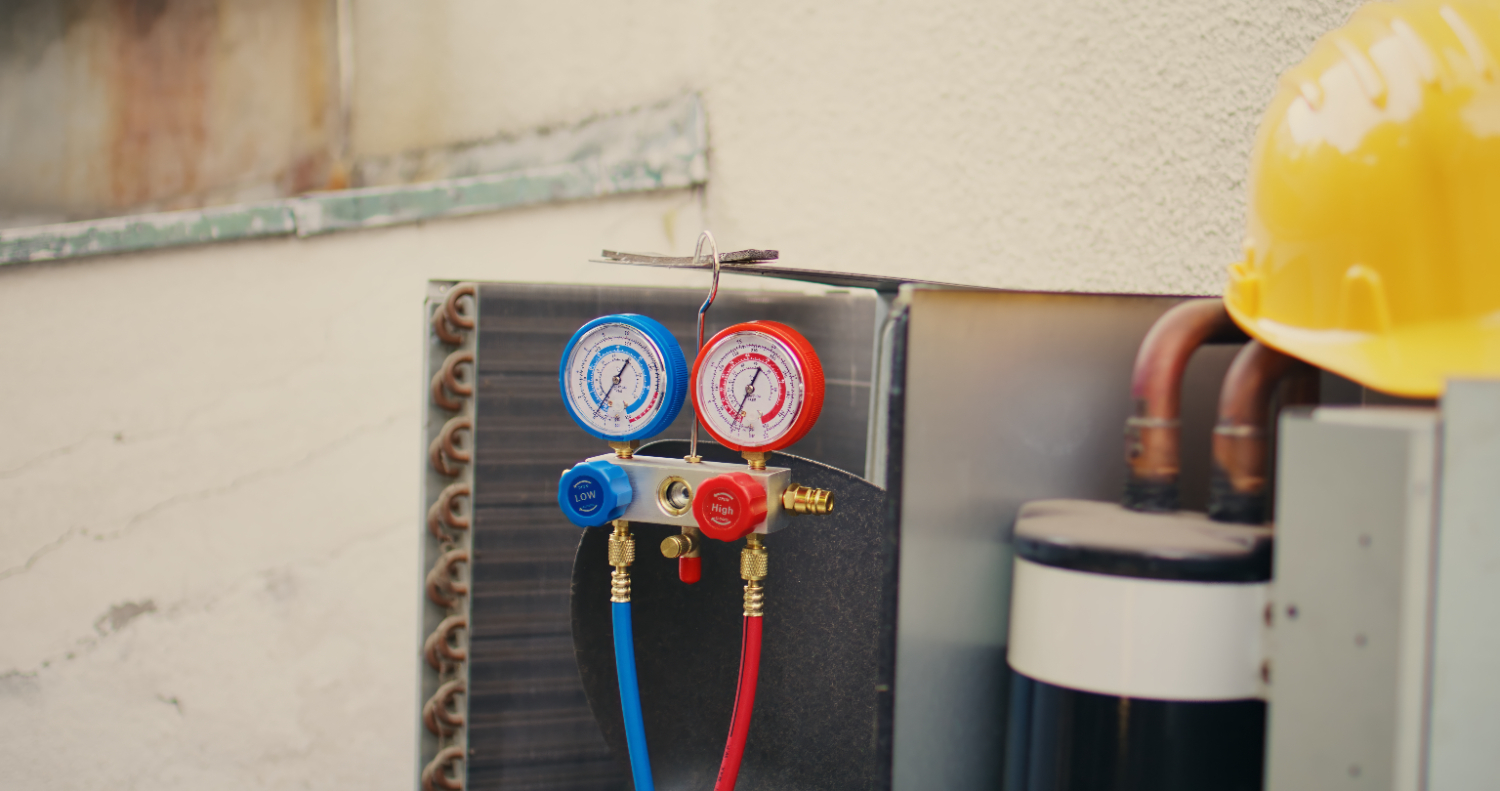My Air Conditioner Is Dripping – What Do I Do?
It’s looking like another hot summer. When the weather gets warm, one of the most common problems in HVAC is an AC unit dripping.
Water leaks can be concerning, but the problem is not severe most of the time. Sometimes you can even fix it yourself without calling your trusty HVAC technician.
Just because a leak may not be the end of your AC doesn’t mean that you should ignore it. Leaks can be signs of air blockage, meaning your AC works harder than it needs to blow air. The water itself can damage walls, ceilings, and floors, and if the moisture builds up, it can attract bacteria and mold.
Signs to Recognize a Water Leak
- There are cooling cycle interruptions or malfunctions.
- You notice large puddles of water.
- You hear dripping.
- You find any water damage.
If you find any of the above symptoms you can use this guide to find out why your AC is leaking. Always use instructions and the correct equipment when conducting air conditioning repair at home, and don’t risk any extra damage when in doubt.
Why is my AC Dripping?
A Clogged Drain Line
If you find a puddle inside your home, the most likely culprit is a clogged condensate drain line. The drain line can get clogged with dust, dirt debris, and mold.
When a drain line gets clogged, it allows nowhere for access moisture to go but back into your home.
If you own a wet/dry vac, grab it, and you can clear out the drain line yourself, and the water will be able to escape. Technicians use a specific vacuum for drain lines and will be able to get any stubborn grime.
Routine maintenance should include cleaning the AC drain line. Pouring a bit of vinegar down the PVC Pipe every now and then will help keep the line clear.
Dirty Air Filter
Dirty air filters are public enemy number one to your AC unit. When dust and dirt clog the air filters, it blocks the airflow. This blockage will allow a buildup of moisture and freeze the evaporator coils.
Your AC will blow warm air into your home because the coil won’t be able to transfer heat away from the house. Keep your air filters clean by changing them every 1-3 months, especially in summer. If the filter is permanent, give it a good scrub.
Your AC is Low on Refrigerant
Without the proper refrigerant levels, the unit’s pressure will decrease and cause the evaporator coil to freeze up. If the coil becomes frozen turn off the AC but leave the fan running in order to aid the melting.
The AC will not blow cool air into your house, and you might hear a whistling or bubbling noise signifying a leak. If the leak is new, a technician can conduct air conditioning repair it pretty easily. If it’s an ignored leak, it might result in needing a new system.
Damaged Drain Pan
The drain pan collects the condensation. You can check for drips by turning off the AC and inspecting the drain pan for leaks. If the drain pan is simply dirty, you can use a wet/dry vac to clean the overflow.
If the drain pan is damaged, you can temporarily fix it; however, it’s best to call for a repair right away.
Condensate Pump
A condensate pump moves any collected moisture out of the home into the outdoors. But a broken condensate pump won’t be able to carry any water out of your home.
A damaged condensate pump can trap the moisture and cause the evaporator coils to freeze up.
What Can I Do Now?
When repairing water leaks, it’s important to turn off the AC first and foremost. Once the AC is off, you can be sure that there will be no further water damage.
Secondly, clean up the leaked water. You may need a shop vac. If your coil is frozen, you’ll need to clean up the water periodically as the ice melts.
Use these tips to stop dripping yourself:
How to Melt a Frozen Coil
- Turn off the AC but keep the fan running to speed up melting.
- Change or clean the filters.
- Move furniture or decor that may be blocking a vent.
- Check inside the vents for any blockage.
If the AC is dripping due to the drain line, drain pan, or condensate, you will need to request service from a technician. The technicians at Daffan will assist with air conditioning repair for any drain line or drain pan issue.
How Do I Stop My AC From Dripping Water In The Future?
- Clean or replace your air filters every 1-3 months
- Request routine maintenance on your AC before the summer months
- Have a professional check the drain pan damages and clean the drain pan
The Experts at Daffan are Here to Help
Leaky ACs are messy, hazardous, and annoying. With this guide, you can identify exactly why your AC is dripping, and if you’re crafty, you can solve the problem yourself. It’s always okay to ask for a little assistance as well.
Sometimes it’s difficult to figure out why your AC is dripping, and that’s where we come in. Contact the professionals at Daffan for expert and reliable service. Our technicians have the skills, experience and local expertise to identify and repair any HVAC issue.
Next time you need air conditioning repair from a professional technician, call Daffan. We’re available at any hour to assist you.
For more information about our services or contact us today.
Follow our Facebook page for more updates and subscribe to our YouTube channel.










